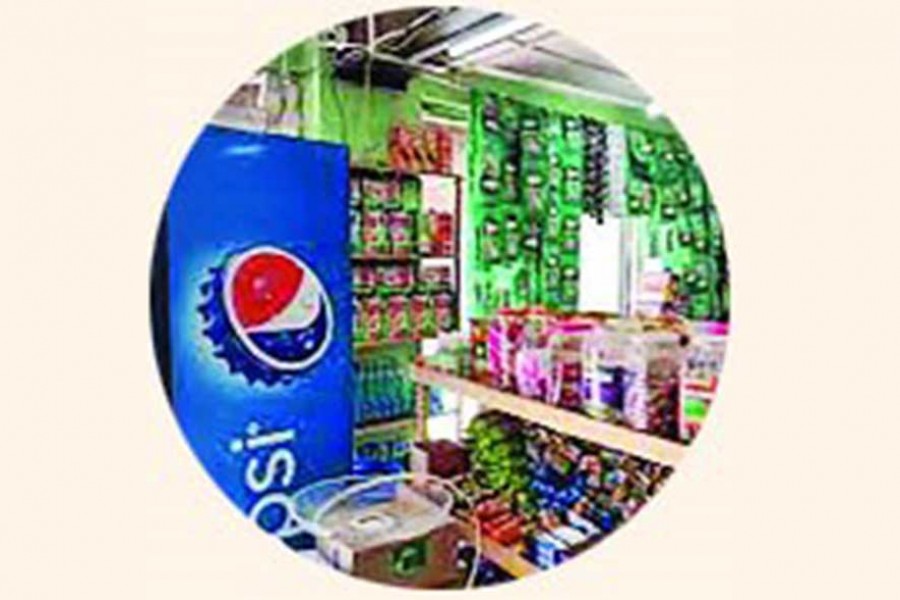It is public denouncement of the rice market in this country in the strongest of terms. More importantly, it comes from none other than a sitting minister. The minister concerned here is Prof. Shamsul Alam, state minister for planning, who levelled scathing criticism against the staple market terming it "totally deceitful". Although, the method of husking paddy in the auto rice mills was always suspect, no one in any authoritative position ever called spade a spade to dispel the confusion surrounding mill's capacity to transform coarse rice into finer varieties.
This time, however, the state minister for planning goes on record saying, "Because of cutting and polishing, rice loses its nutritional value and it is being done by importing machines'' that cost tens of millions of taka. This is confirmation of passing cheaper coarser varieties in fictitious names. Again, here is a contention that contradicts another minister's claim that rice cannot be cut to give it a finer shape although it can be polished to give a shining look. If the state minister had any doubt about mills' capacity to give coarse rice a finer shape, he surely would not have come heavily upon the entire rice trade and indicated government action soon to follow for bringing an end to this malpractice.
So, what transpires from the abominable episode is that millers have long been bluffing the nation in order to maximise their profit. But they are not the only one to blame. Some trading companies are taking a lead in the business malpractice in cahoots with millers. These companies use their brand name on the sacks or packets of rice, including the scented rice used for preparation of polao and biriani, although they are in no way involved with paddy cultivation, not even contract farming. These companies now control the rice market and their brand names are nothing but a farce.
Again, business ethics is seriously compromised here. Well, these companies import cooking oil and sugar in crude form before refining those in their facilities and marketing with their brand names. This is acceptable but when coarse rice is cut and polished with clandestine collaboration with millers before embossing a trade mark as a sign of quality rice, this is nothing less than a criminal practice. Consumers are deceived by the name of a commodity which actually it is not. This is punishable by laws.
How outrageous! A section of businesspeople have been taking the nation for a ride with impunity. How can the authorities tolerate this mind-boggling deception and intrigue millers and big business houses are resorting to? From the statement Prof Shamsul Alam made while talking to a group of reporters from the Development Journalist Forum of Bangladesh, it is clear that the authorities are quite aware of the criminal practice that intrigues the consumers to accept a low quality rice which is shorn off all nutritional values and then to pay a much higher price for the same. As the minister cited the example of coarse 'Shorna' rice which is cut and polished to pass it in the name of 'Pushpamoti', there are many such sweet-sounding invented names only to deceive customers.
Now the question is, why have the authorities allowed this crime to perpetrate for so long without taking action? Involved here is the nation's health. Isn't it anachronistic to encourage development of zinc-fortified rice on the one hand and allowing a field day for millers and companies to deprive rice of its nutritional quality and consumers of the right to get what they deserve for their money? Business interests cannot get over the national interests.
The next big question is, how the machines that are used for cutting and polishing coarse rice could be imported. If the state minister for planning knows about it, there is hardly any doubt his cabinet colleagues are unaware of this. The state minister has spoken of taking action against the crime soon. Pray, how soon will it be? In the name of business, no one should be allowed to flout the laws of the land and go on passing of anything fake, look-alike or adulterated commodity in place of the genuine.
This is however not the only manipulative means the syndicate of millers and rice traders resort to, they can go to any length --- from creating artificial crisis to hoarding and disruption of supply chain --- in order to maximise their profit. And it is not the staple alone, for other consumables and essentials, the same unethical practices like adulteration and price manipulation are rife.
A recent meeting of the Federation of Bangladesh Chambers of Commerce and Industries ( FBCCI), became witness to a three-way blame game where producers/manufacturers accused wholesalers and retailers blamed wholesalers for the failure to maintain the prices of cooking oil and sugar as fixed by the government. Their squabble confirms engineering of prices of these two items in the market.
While discerning consumers have tough time selecting which items ---from food to medicine and other essentials--- to choose because of doubt about their quality and safety, traders continue to resort to all sorts of tricks undermining health and hygiene only to fleece people. A nation that became independent by making great sacrifices deserves better and must set a benchmark for integrity of character for its people in different key areas, including business.


